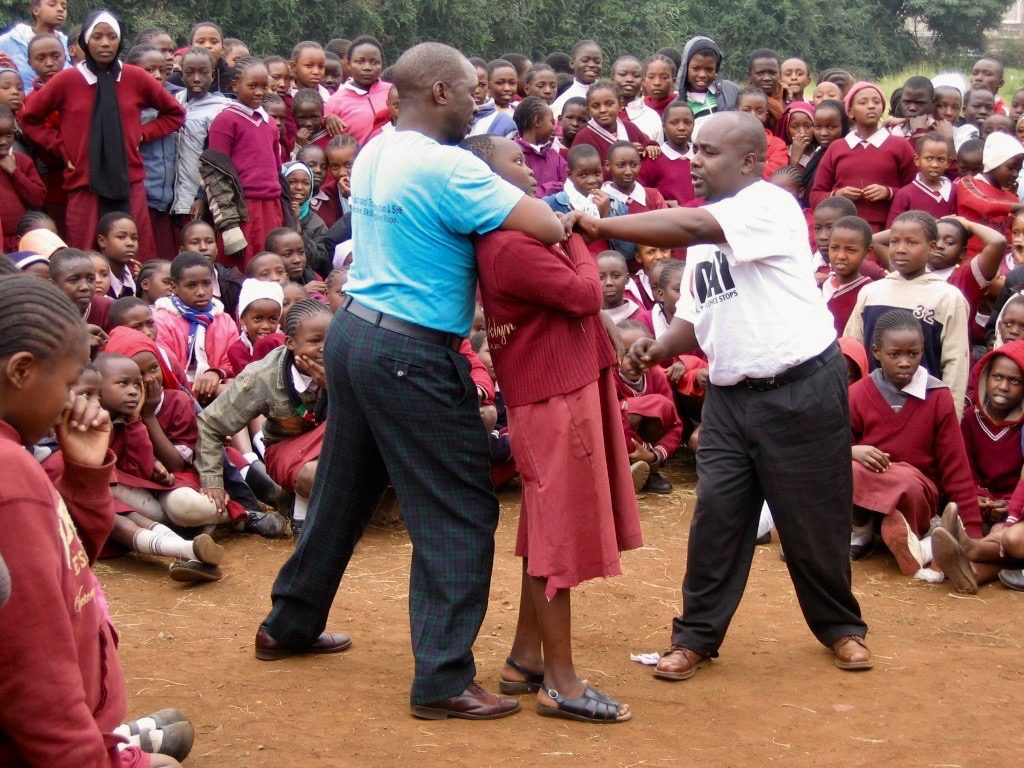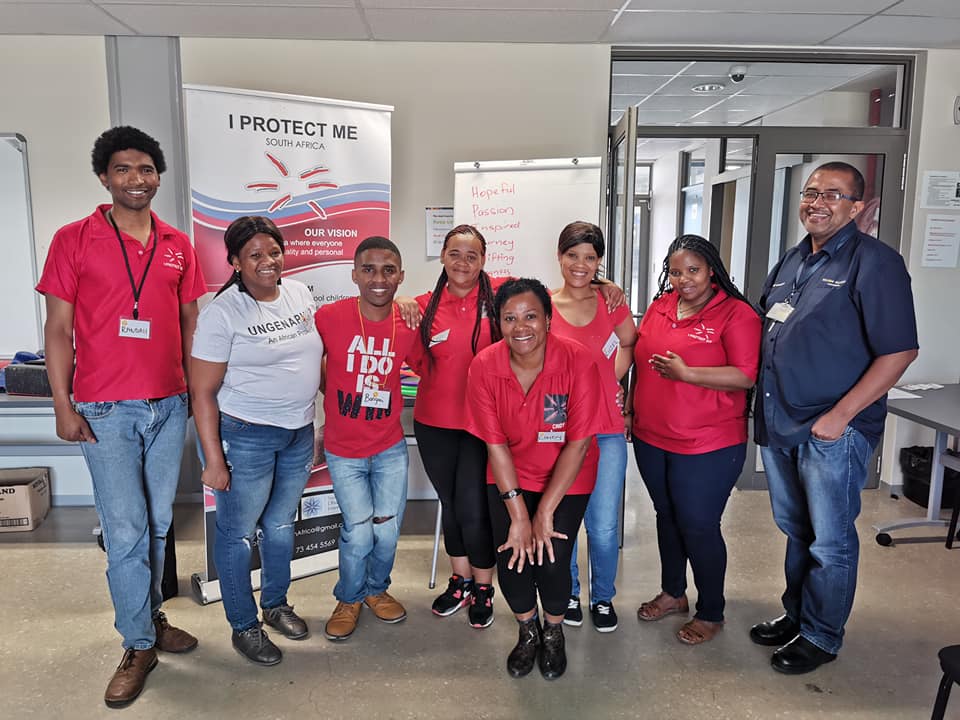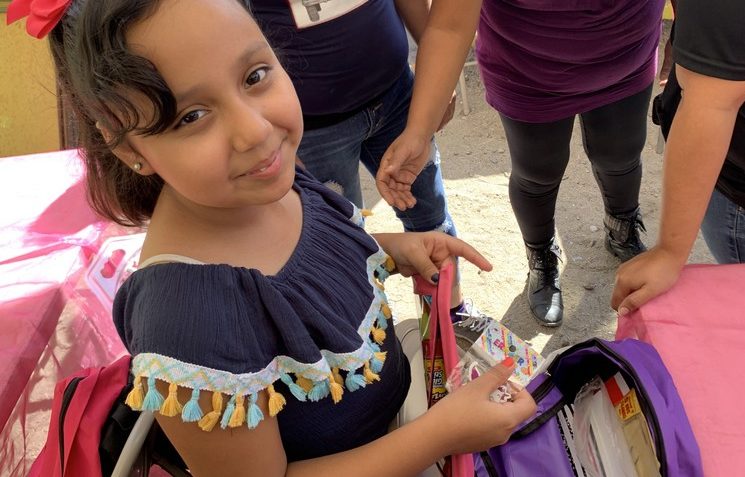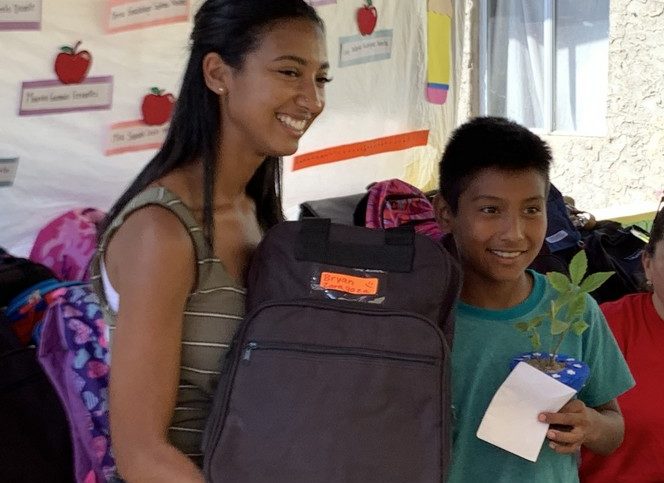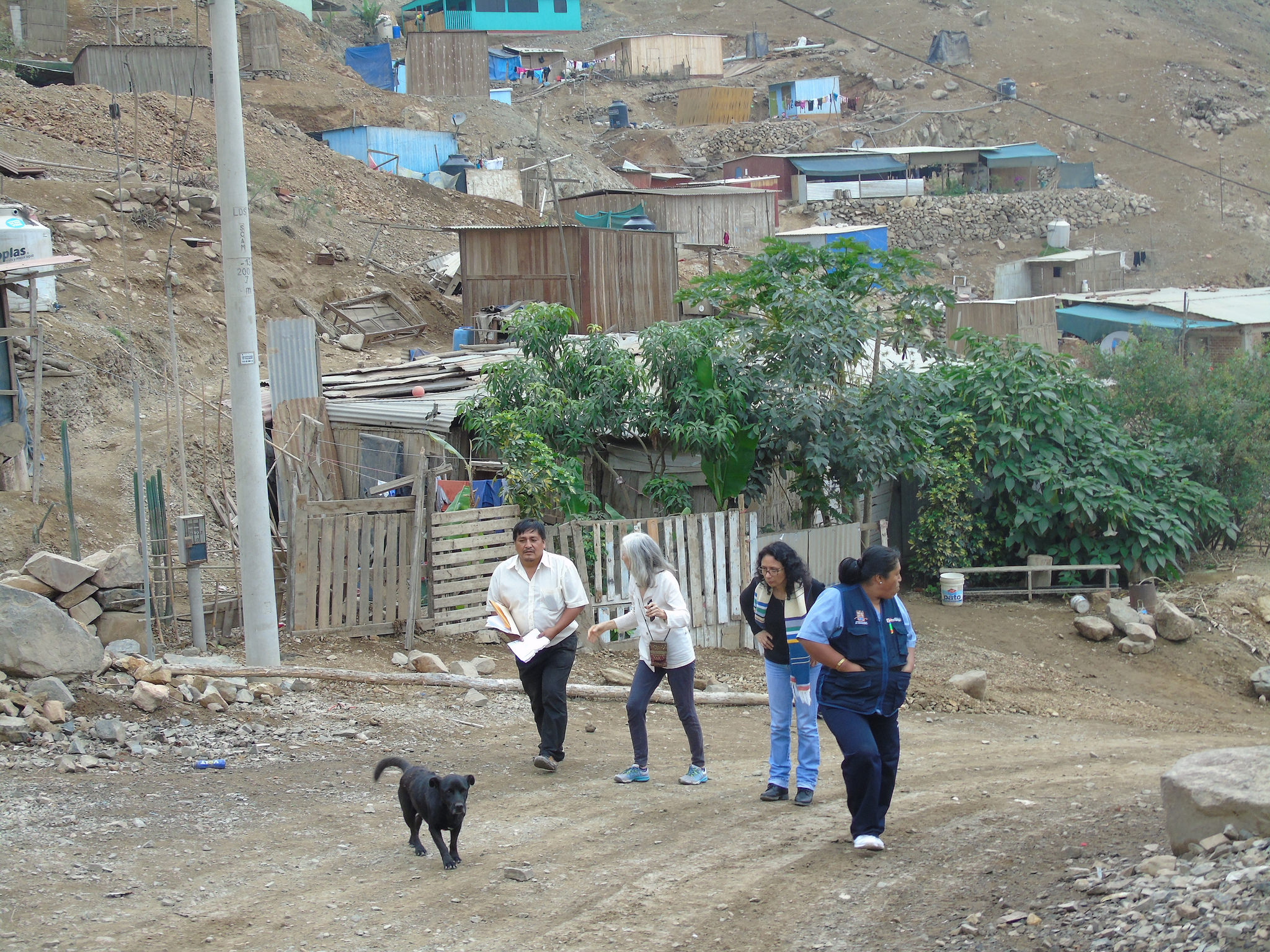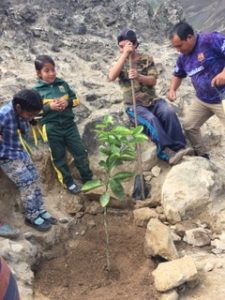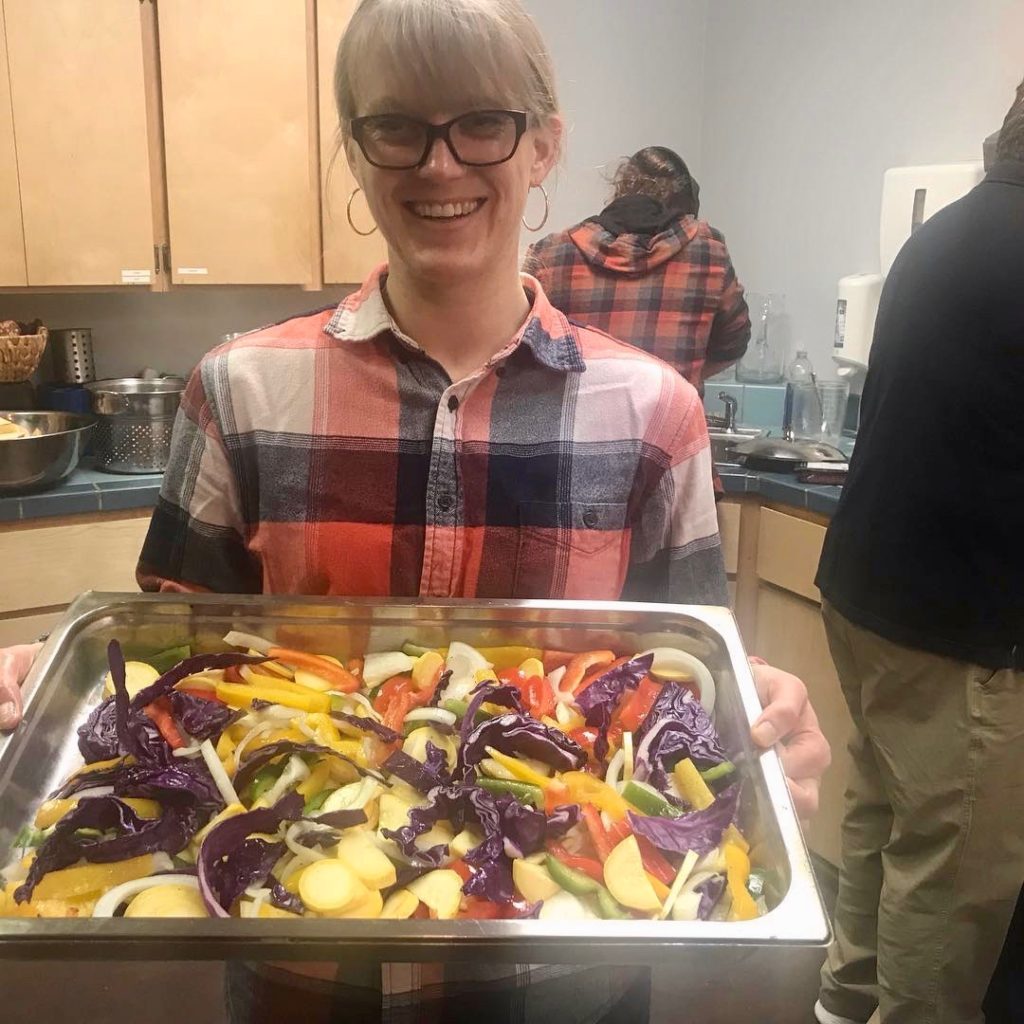
For three decades the Quest Center’s holistically focused medical/wellness approach has been helping those in need in the Portland, Oregon area.
Throughout our Fall Fundraiser we are sharing stories about how some of the projects we support got started. Below you can read about how Lusijah Marx’s project was inspired by a receiving in 1989 at the Subud World Congress.
Lusijah Marx:
Quest Center for Integrative Health
At the 1989 Subud World Congress, Lusijah Marx received very clearly that she should focus her dissertation on persons living with HIV/AIDS. Although she’d had little prior interaction with that community, the receiving was clear, and it changed the course of her life.
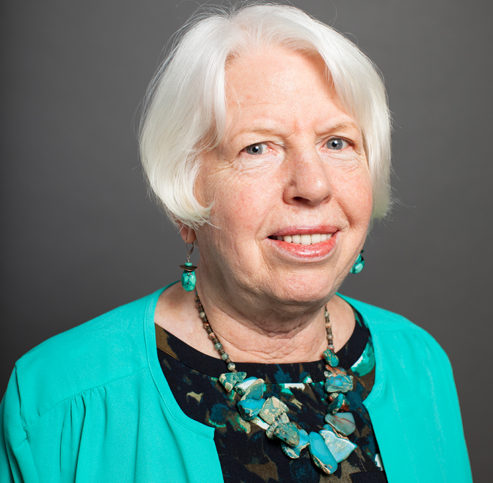
It was the 1980’s, a time when the AIDS epidemic was causing panic and fear in many places. No one fully understood this new and unknown virus. Some hospitals would not treat people with AIDS symptoms, and those that did often isolated patients and dressed staff in masks and gowns, adding to the terror. As word spread that most of those who mysteriously fell sick and died were gay men and IV drug users, healthy people tried to distance themselves by regarding AIDS as an illness facing “others.” It was these “others” that Lusijah’s receiving at World Congress prompted her to work with.
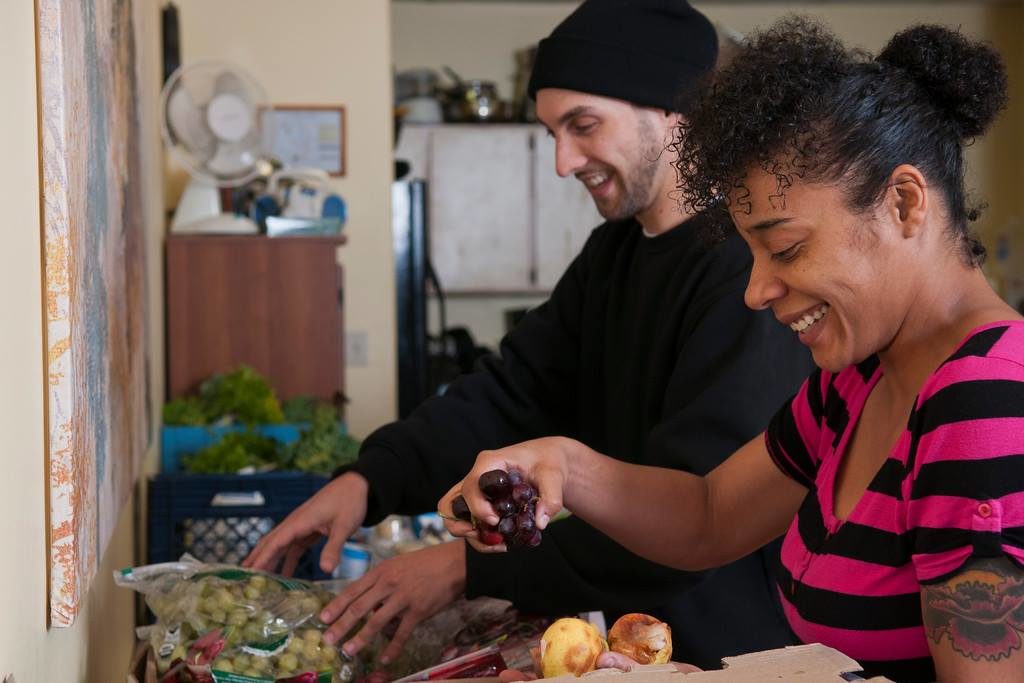
For her dissertation research, Lusijah looked at the positive effects of guided imagery and hypnosis on HIV+ men. One participant in her study was a young man named Lucas Harris. Only 26 years old, Lucas had been diagnosed with AIDS and told he had only a short time left to live. He deeply felt his desperate situation and made the decision to live each remaining day as fully as he could. Lucas joined Subud, knowing that it was Lusijah’s spiritual path and the path of others whom he respected.
One night, after a particularly emotional healing session, Lusijah had a powerful dream. In her dream, she and Lucas had created a healing center where marginalized people could receive care in a community-focused model. The healing center offered alternative treatments such as acupuncture, and addressed lifestyle patterns such as smoking, drugs, eating, sleeping, etc. The dream also showed her changes that she needed to make in her life to have a bigger heart, and changes that Lucas needed to make in his life. The next day, she was astounded to learn that Lucas had dreamed the same dream, even the parts about needing to make changes within themselves.
Though neither of them felt that they had the practical skills required to create such a center—Lucas had worked as a hair stylist, and Lusijah, mother of four, as a nurse and clinician—both felt strongly that they should give their best efforts to make the dream a reality. They started every day with latihan and the intention to be open to anything that would help develop the healing center. It took around a year as they tried to follow what they received in latihan, which included finding a lawyer to help them apply for 501(c)(3) non-profit status. Although they made mistakes along the way, they kept learning, they persevered, and eventually they were able to make their dream a reality.
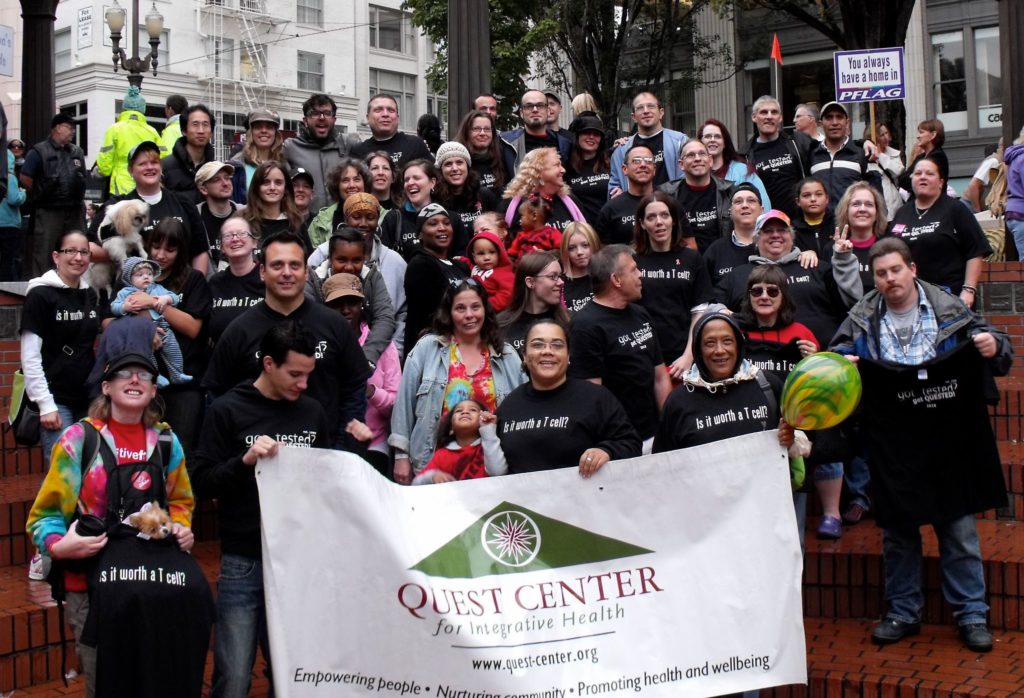
Lucas died in March of 1996, but Lusijah has continued to work at Quest Center for Integrative Health, which has grown and seen many successes over the decades. Today Quest is a thriving holistic health center providing traditional, complementary and alternative treatments, as well as support for dying peacefully and living fully. It now has 71 employees and three locations, and is highly regarded by the local medical community as well as the Portland, Oregon community at large. Quest Center is a testament to the power of the latihan and all that can come about when we truly follow our inner receiving.
Click hereto learn more about Quest Center for Integrative Health.
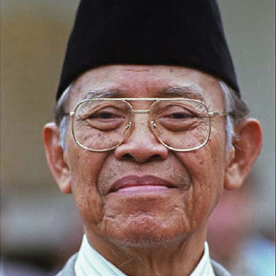
Brothers and sisters, let us praise
And thank the One Almighty God,
For we have received His grace
Which has enabled us to worship Him.
(from Let Us Be Sincere, song at Lebaran in Bapak’s House, Cilandak, December 11, 1969)


